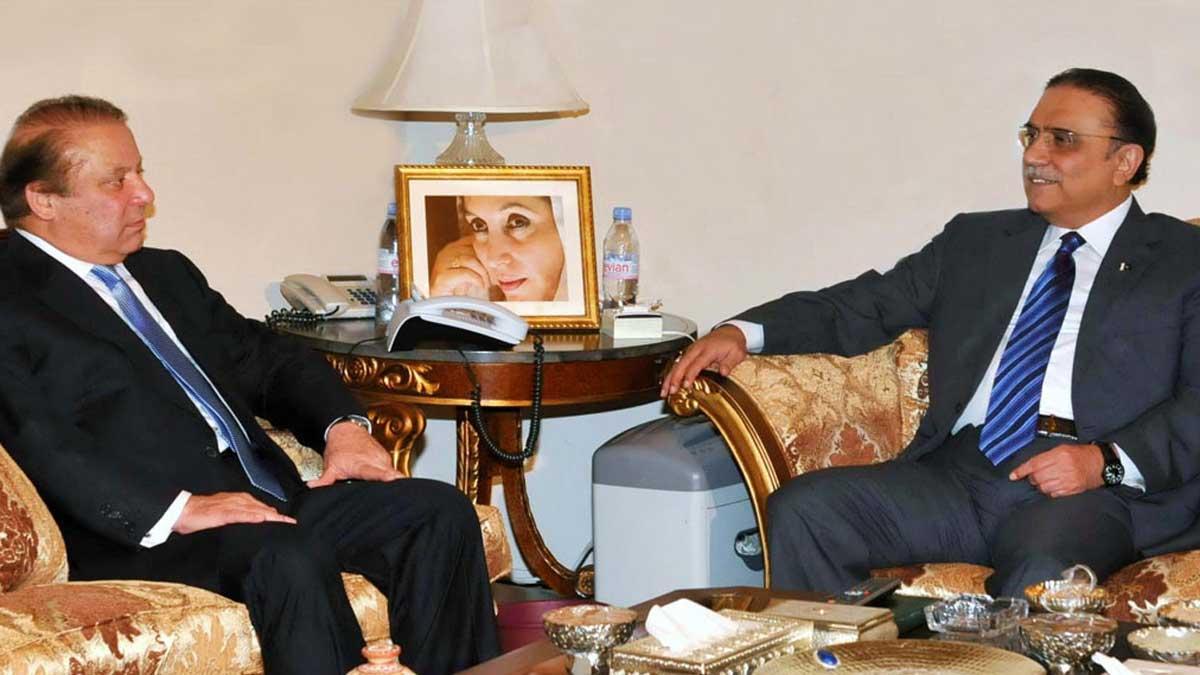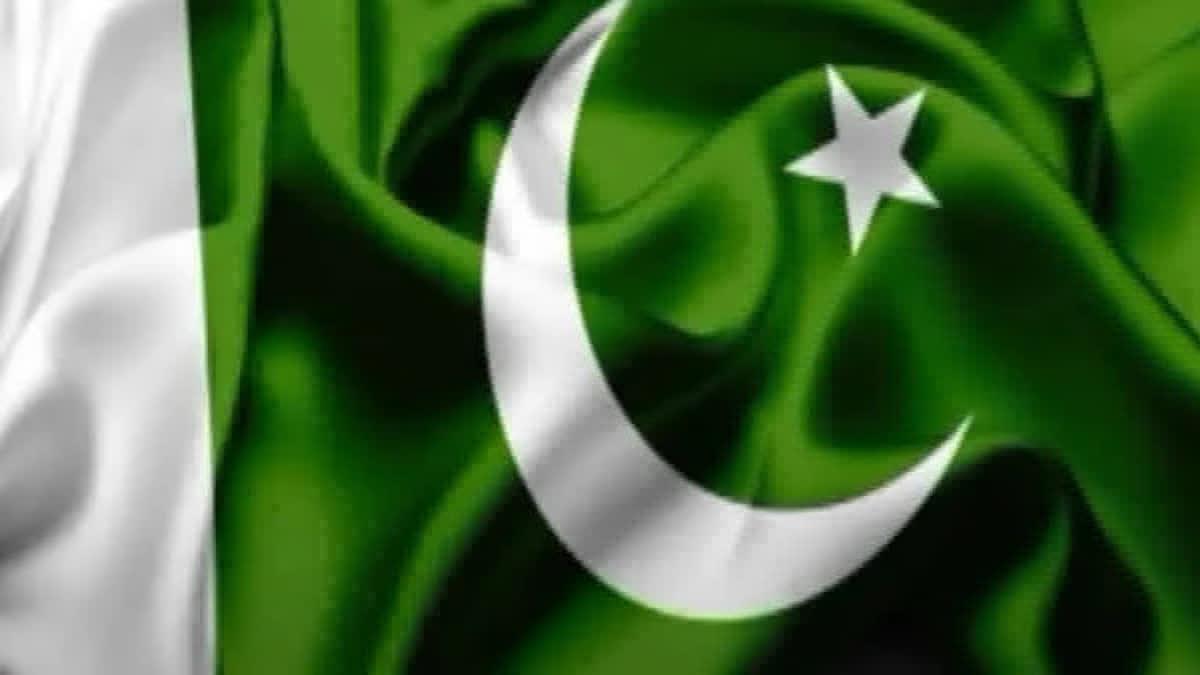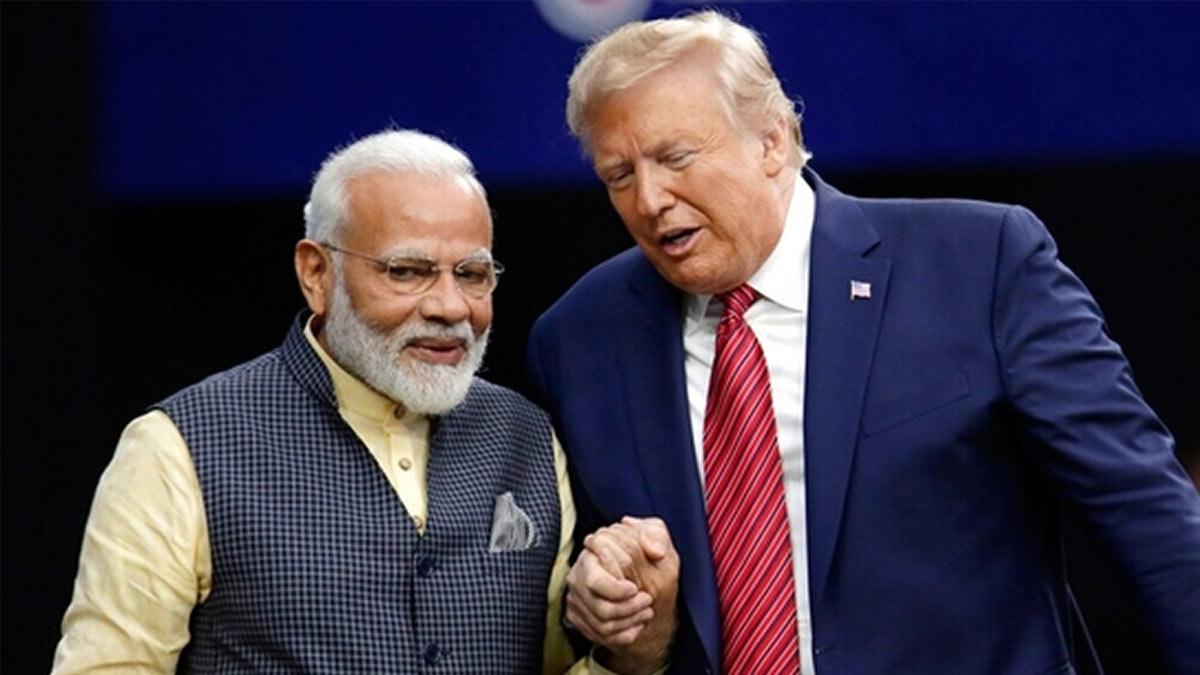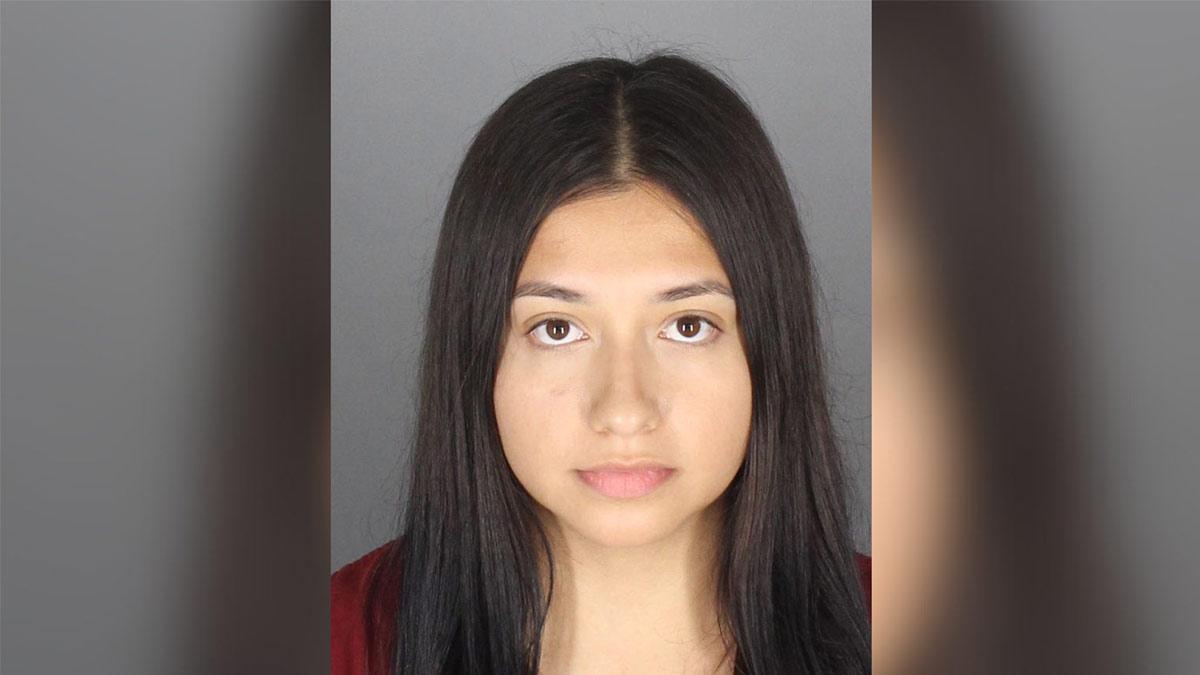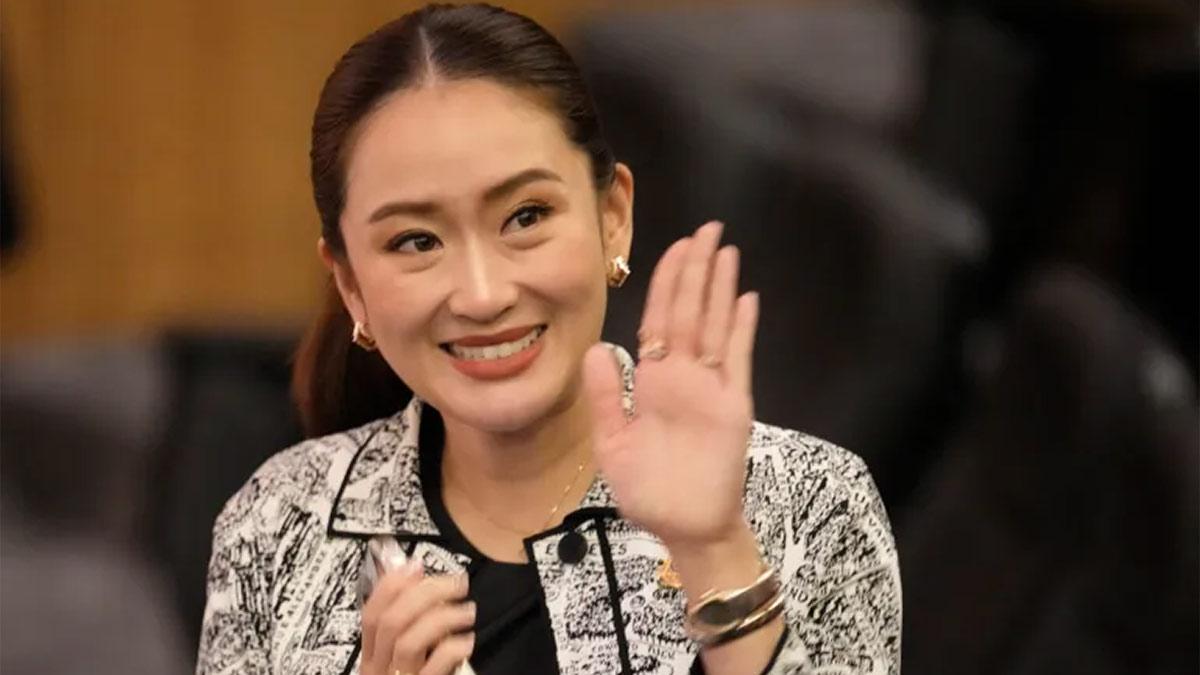Efforts for the formation of a coalition government in Pakistan gained momentum as the country faced a hung Parliament following general elections plagued by allegations of rigging. The three primary political parties in Pakistan intensified their negotiations to secure a majority in Parliament.
Despite the elections occurring on Thursday, the delayed announcement of results fueled tensions among various parties, prompting protests and accusations of foul play. Former Prime Minister Nawaz Sharif, leader of the Pakistan Muslim League-Nawaz (PML-N), garnered support from Pakistan Army chief General Asim Munir for his proposal of a unity government to address the nation's challenges.
The Election Commission of Pakistan (ECP) finally released results for 264 out of 265 contested seats in the 266-member National Assembly, with one constituency's results withheld due to fraud complaints. Independent candidates, largely backed by Imran Khan's Pakistan Tehreek-e-Insaf (PTI), secured 101 seats, followed by the PML-N with 75 seats and the Pakistan Peoples Party (PPP) with 54 seats. Additionally, the Karachi-based Muttahida Qaumi Movement Pakistan (MQM-P) won 17 seats, with smaller parties claiming the remaining 12 seats.
To form a government, a party needs to secure 133 seats in the National Assembly out of the 265 contested seats. However, a total of 169 seats are required for a simple majority out of 336 total seats, including reserved slots for women and minorities.
The PML-N, aiming to replicate the coalition it formed after Khan's removal in April 2022, initiated discussions with various parties. PML-N leaders engaged in talks with MQM-P representatives, resulting in a tentative agreement to collaborate in the upcoming government. Meanwhile, negotiations between PML-N and PPP leaders involved discussions on potential ministerial portfolios and the prime ministerial slot.
Bilawal Bhutto Zardari, leader of PPP, emphasized the party's pivotal role in forming governments at the national and provincial levels, stressing the importance of dialogue and reconciliation for political stability.
Analysts speculated on the formation of a Pakistan Democratic Movement (PDM) coalition government led by Shehbaz Sharif, considering past governance experiences. However, PTI leader Gohar Khan asserted his party's intention to form the government, although analysts questioned its feasibility without alliances with major parties like PML-N or PPP.
Ahmed Bilal Mehboob of the Pakistan Institute of Legislative Development and Transparency (PILDAT) outlined potential scenarios regarding PTI-affiliated independent candidates and their reintegration into the party, emphasizing the procedural complexities involved.
Amidst political maneuvering, the PTI condemned attempts to form a new iteration of the PDM coalition, attributing Pakistan's current challenges to the PDM's alleged incompetence and corruption. The party called for the resignation of the Chief Election Commissioner and ECP members.
In a statement attributed to the army chief, emphasis was placed on the importance of a unified government representing Pakistan's diverse polity and pluralism. President Arif Alvi urged political parties and institutions to respect the electorate's mandate, particularly emphasizing the participation of women and youth in the electoral process.
As political parties strategize, the PPP is set to convene a crucial meeting to discuss government formation decisions. However, amidst the ongoing negotiations, Pakistan finds itself in a state of political uncertainty, requiring delicate negotiations for coalition building and governance.
Read Also | Independents Hold Key Role as Potential Kingmakers in Pakistan's Political Landscape

